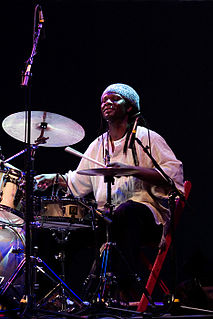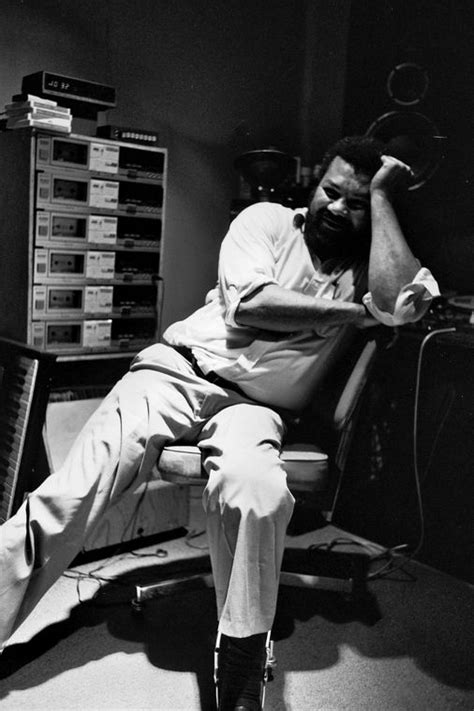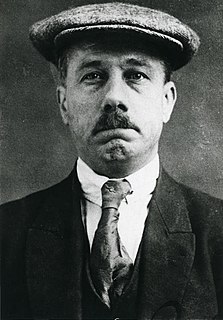A Quote by Jamaica Kincaid
The Holocaust happened in Europe, and that's important to how it is viewed. Had Europeans done such a thing in the far corners of the earth, rather than on their own doorstep, it might not be mentioned in the history books.
Related Quotes
There is, I have heard, a little thing called sunrise, in which the sun reverses the process we all viewed the night before. You might assume such a thing as mythical as those beasts that guard the corners of the earth, but I have it on the finest authority, and have, indeed, from time to time, regarded it with my own eyes.
Had the Holocaust happened in Tahiti or the Congo, as it has; had it happened in South America, as it has; had it happened in the West Indies, as it has - you must remember that within fifty years of Columbus's arrival, only the bones remained of the people called the Arawaks, with one or two of them in Spain as specimens. Had the Holocaust committed under the Nazis happened somewhere else, we wouldn't be talking about it the way we talk about it.
When I started doing improvise music in Europe, in the beginning I thought the way that Europeans were interpreting the reconstruction of deconstruction of this thing that we call jazz - of course it's different than what Americans do, because Europeans have a different history, a different sensibility and so forth - the nature of the creative process itself it's the same; but what comes from that creative process is different, because you have a different history, you have a different society, different language.
The best apology, I think, was from my husband, Steve, who slept with a close friend of mine decades back, when we were committed to being life partners but not yet married. And many of the factors that made Steve's apology so healing are universal. One important thing is that he confessed to the affair, rather than my discovering it. He looked deeply into his own history in terms of why this happened, but he never used that history as an excuse.
Something may have happened before, and yet this thing that happened just after may be so important that you don't even know about the thing that happened before and when you tell your story to yourself, or to someone else, it's going to be told not on the basis necessarily of the time course, but rather on the basis of how it was valued by you.
My personal history would not be disappointing to readers, but it is my own affair which I want to keep to myself. I am in fact in no way more important than is the typesetter for my books, the man who works the mill; no more important than the man who binds my books and the woman who wraps them and the scrubwoman who cleans up the office.
I saw more clearly than ever, that the first great and primary business to which I ought to attend every day was, to have my soul happy in the Lord. The first thing to be concerned about was not, how much I might serve the Lord, how I might glorify the Lord; but how I might get my soul into a happy state, and how my inner man may be nourished...I saw that the most important thing I had to do was to give myself to the reading of the Word of God and to meditation on it.
'A Naval History of Britain' which begins in the 7th century has to explain what it means by Britain. My meaning is simply the British Isles as a whole, but not any particular nation or state or our own day... 'Britain' is not a perfect word for this purpose, but 'Britain and Ireland' would be both cumbersome and misleading, implying an equality of treatment which is not possible. Ireland and the Irish figure often in this book, but Irish naval history, in the sense of the history of Irish fleets, is largely a history of what might have been rather than what actually happened.





































